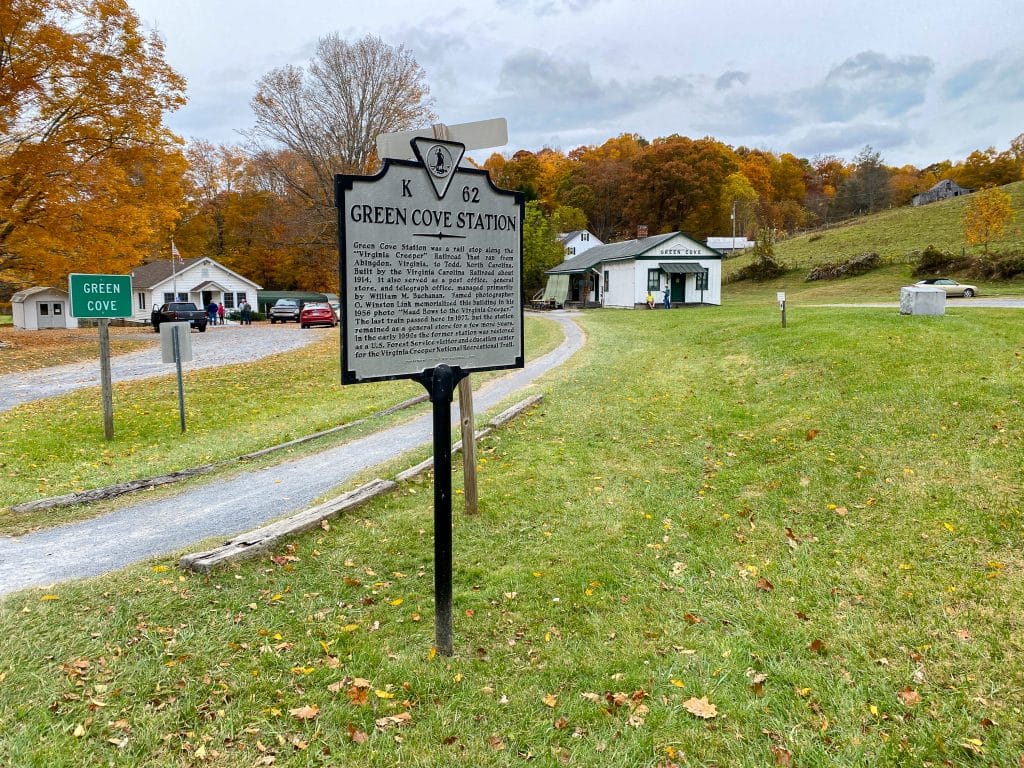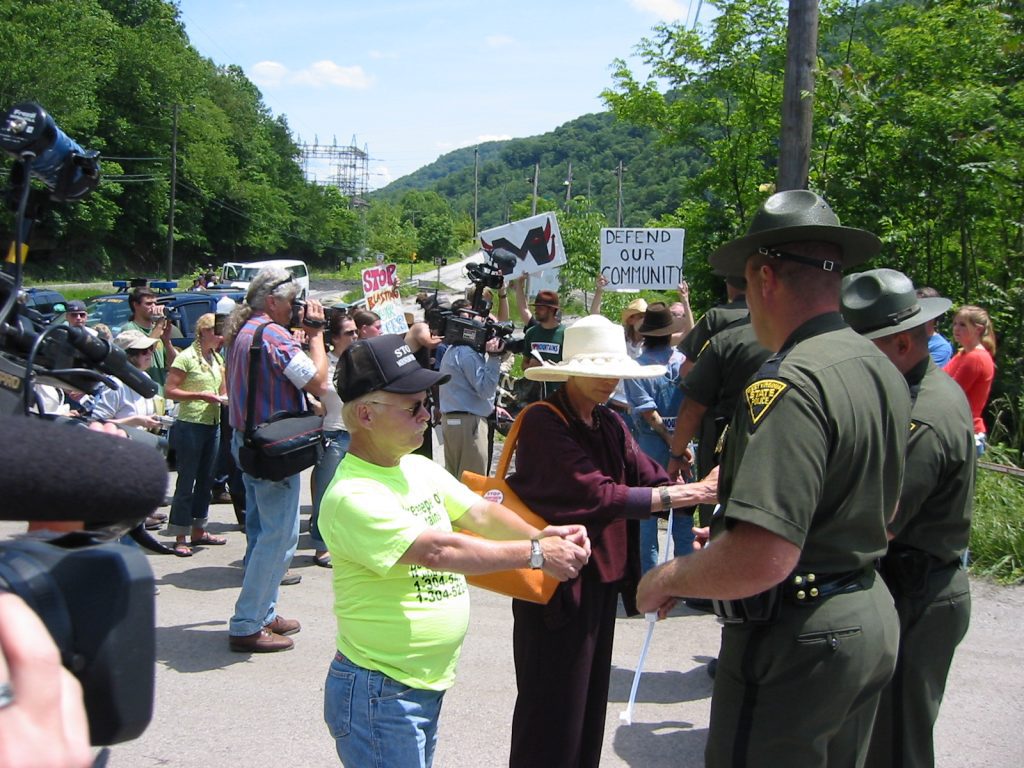New perspectives on a platter
The lofty vision of the Harvest Table Restaurant in Meadowview, Virginia can be served up in two different ways. One, you can catch the drift by reading some of the comments on the menu and getting into a heated debate with the restaurant manager. Or two, you can read the runaway bestseller, Animal, Vegetable, Miracle, written by the restaurant’s owners—internationally famous novelist Barbara Kingsolver and her husband Steven L. Hopp.
Kingsolver hit the New York Times Bestsellers List, not for the first time by a long shot, with her 2007 account of her family’s move from Tucson to the mountains of Southwest Virginia. She coined the term “locavores” to describe their intent either to raise their own food or buy it locally.
The family made pickles, chutney, mozzarella cheese, jarred tomatoes and braided garlic. The youngest daughter Lily began an enterprising heritage poultry business. They abandoned their vegetarian principles in favor of a “conscientious carnivory” and embarked on a hilarious struggle to persuade their turkeys to reproduce the old-fashioned way—by having sex.
Her husband added in the scholarly economic data, and daughter Camille threw in the recipes.
Through it all, Kingsolver cited the numerous injuries inflicted on an unsuspecting public by industrial agriculture, creating what she called a national eating disorder, and she decried the volume of fossil fuels needed to bring food to our tables from the other side of the globe.
Now, after concluding a successful year of feeding her family on local fare, she has thrown open the doors to feed the community in the same way. Harvest Table opened last October, with Philip Newton as its manager. When he’s not explaining the benefits of local food and organic fare, he’s fending off the literary groupies who want to see Barbara.
“We don’t want to capitalize on her name so much,” Newton said. “We’re here to stand on our own. She’s a private sort of person, and several times every week we get people who call to make a reservation and ask, ‘Is Barbara going to be there’?”
She’s always there in spirit, he says, and definitely has a hand in most things.
“We try in the store and the restaurant to source as many of the things that we do locally first, and then regionally,” he said. “And the things that we have to have we go further beyond that. It’s all things produced sustainably, organically if we can get it. All our meat is free-range, so that’s what we’re trying to do is set up something that supports the local economy and is sustainable in nature.”
Kingsolver’s year of eating locally began, in the book, in April, to take advantage of the season’s earliest crops. Opening the restaurant in October was based on no such well-defined strategy.
“We had no time to can, freeze, dry, anything. We have big walk-ins out back and really didn’t get a chance to stock them this year. So this year as we go along we’re going to be buying all the things in season at their cheapest.”
Vendors who typically sell their produce at the Abingdon Farmer’s Market had an inventory on hand when the market closed for the season—canned beans, relishes, pickles and tomatoes. “The farmer’s market ends and all those people are selling to us now,” he said. “Normally this stuff would sit on their shelves all winter.”
On the menu, steak is a constant in a sea of variables. A dish called “chicken, pig and grits” is popular and, for the moment, he’s serving a butternut squash burrito with black beans and pickled onions. Any kind of pizza can be made to order and, for seafood, he goes to the Virginia and North Carolina coast rather than, say, Venezuela.
“Hopefully as the years go by the circle of how far we pull things from gets closer and closer,” he said. “But the menu is very seasonal and we change it at least weekly. And then depending on what shows up at the back door.”
Newton is a graduate of Johnson and Wales Culinary School in Charleston, and met Steven L. Hopp at Emory & Henry, where Hopp is a professor in the Appalachian Studies program. But a lot of what Newton now does in the line of duty does not represent anything whatsoever that he learned in school.
“I’ve been out to farmer’s places and picked lettuce and mustard greens and turnips. As a chef they don’t teach you anything about this in school. They tell you to buy the freshest you can, to buy the best produced items that you can, but they don’t teach you anything about how to source like we’re doing.”
Due to the celebrity status of the owners, the store (Meadowview Farmer’s Guild) and restaurant have done no advertising whatsoever. The media has been very kind and, for any restaurant, word of mouth is “the only thing that truly works.” Kingsolver and Hopp also paid some focused attention to what would make the enterprise appeal to the locals.
“It’s definitely something they opened up to the community to invest in it, not because they need people to do that but they want people to be involved. We worried at first about would it be a place that the locals could go to as well. So we priced our menu, and we have plenty of things that you could get in and out of here for, you know, $10 to $15. We have a pizza for $9 and salads. With a tip, you could get out of here easily under $20 if you want to.”
Time-wise, he adds you could also get in and out of there pretty fast if you wanted to. Not that most folks seem to be in that big of a hurry.
“The good thing is that all the people we buy from are people we know,” he said. “And they also know that their food is being served to people that they know. It gets more personal and they’re much less likely to cut a corner.”
When a customer compliments the steak, Newton has been known to introduce him to the couple at the next table that also happen to be his suppliers, thereby opening a dialogue between farmer and consumer. “So our producers are in here regularly and it’s quite a thing to see the look on somebody’s face.”
During the century or so that, in Kingsolver’s words, “most of us forgot the tastes of fruits and vegetables fresh from the farm,” we’ve also sacrificed nutritional value and, in the process, fed an insatiable fossil fuel-consuming economy.
“We’re burning $100-a-barrel oil to transport basically water,” Newton said. “Most produce is 95 percent water. Gas isn’t going to get any cheaper and it just doesn’t make any sense to transport stuff halfway across the globe.”
In the book Hopp noted that each food item travels an average of 1500 miles, and if each person in the United States ate just one local meal every week, we’d save a million barrels of oil.
Considering the waste and the impact, it’s important to overstate the case.
“Barbara and Steve are the first to say they’re not militant about this,” Newton said. “They’re not in your face about any of this, and so it’s not going to be an overnight thing. They realize that’s the quickest way to get yourself painted with that tree-hugging liberal moniker.
“Plus we have to be a full-service restaurant. We can’t be so stuck to the philosophy that we can’t round out a menu—because in order to get people to understand what we’re doing we have to get them in the door.”
For directions and reservations, contact Harvest Table at 276-944-5142.
Related Articles
Latest News
More Stories

Leave a comment
Your email address will not be published. Required fields are marked *




